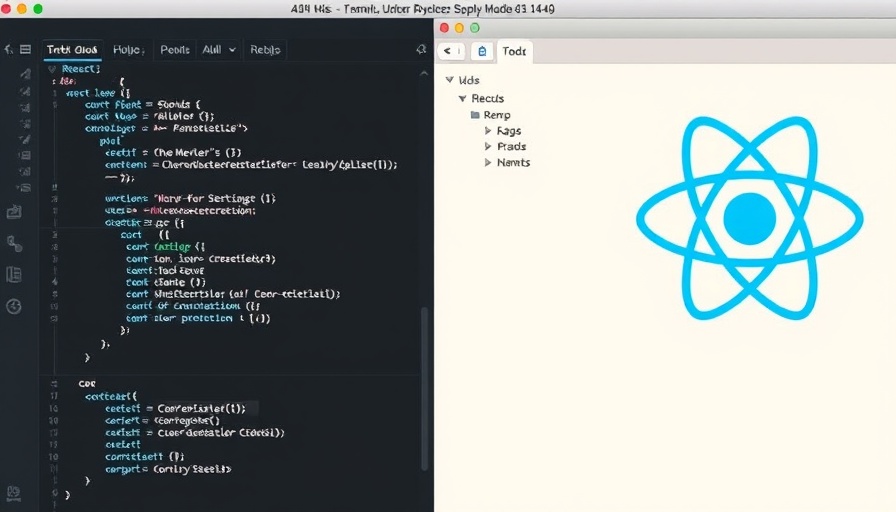
Revolutionizing File Interaction with AI: Introducing Harmony
Anthropic is making strides in AI capabilities with its new feature called Harmony, designed specifically for Claude, the AI that stands at the forefront of technological advancement. This innovative platform allows users to seamlessly integrate local directories of files into Claude's operational context, thereby enabling the AI to read, index, and analyze content efficiently. As AI continues to reshape industries, Harmony promises to usher in a new era of productivity by enhancing human interaction with digital files.
Asynchronous Coding: A Look into AI-Powered Code Assistance
Recent developments indicate that Harmony will soon be accessible within the feature preview settings, heralding a significant upgrade for coding assistants. In initial tests, Claude successfully handled a complex interaction by indexing an Android application’s files, generating a thorough summary that highlighted its memory usage. The capabilities of Harmony extend beyond passive file interaction; they encompass the ability to edit existing files, save changes, and even create new documents directly from the integrated task environment. For developers, this could mean unprecedented efficiency, allowing for faster iterations and meticulous code analysis.
Enhanced Security Insights: A Game Changer for Developers
One of Harmony’s standout features is its capacity to identify security vulnerabilities. In a recent test scenario, Claude managed to analyze an entire codebase within minutes and diagnosed ten potential security threats in a test project. This feature could serve as an essential tool for developers aiming to enhance the security integrity of their applications while significantly reducing the time spent on vulnerability assessments.
Anticipated Features: Beyond Harmony
In parallel with Harmony’s development, Anthropic is reportedly working on a feature dubbed Compass. Though details about Compass remain limited, initial impressions suggest that it will integrate deep research capabilities. This would allow Claude to gather insights from diverse sources, merging web searches with structured information to present users with comprehensive overviews. If launched, such features will increase Claude's overall effectiveness as a versatile AI assistant.
What's Next for Anthropic and AI Integrations?
As we look ahead, three core features are slated for future release—Web Search to enhance Claude’s online information retrieval capabilities, Harmony for advanced local file interactions, and Compass for deep research integration. Although there's no set launch date for these features, their impending availability in preview settings signals a transformative leap for AI-assisted productivity. For users in fields such as software development, research, and data analysis, these tools could redefine the interface between human and machine intelligence.
Final Thoughts: The Future of AI with Harmony
Anthropic’s ongoing enhancements with features like Harmony reaffirm the essential role AI will play in future technology landscapes. By enabling dynamic interactions with local files and facilitating in-depth analysis and editing capabilities, Harmony could revolutionize how developers and users approach problem-solving and creativity. As we await further updates on these exciting developments, it is clear that progress in AI is not just an advancement of technology but a shift towards a more integrated and efficient mode of working.
Now is the time to stay informed about these innovations, as they could fundamentally change the way we work with AI systems.
 Add Row
Add Row  Add
Add 




 Add Row
Add Row  Add
Add 

Write A Comment